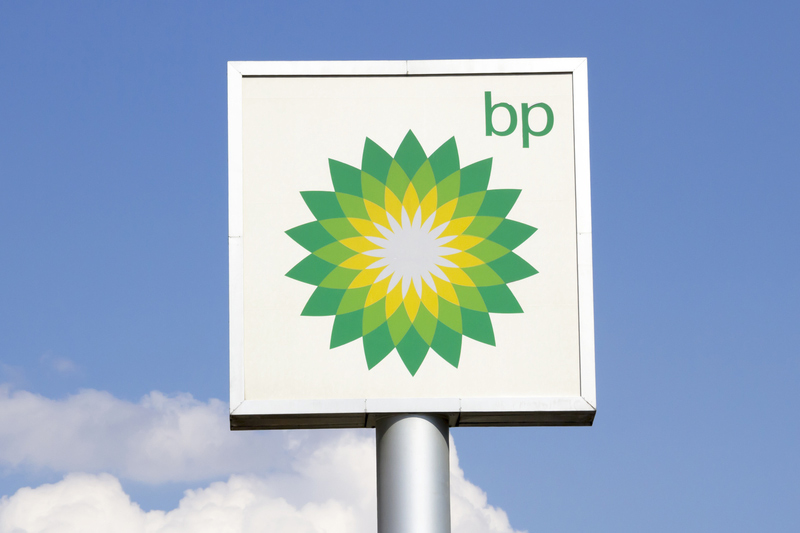By Dmitry Zhdannikov and Katya Golubkova
MOSCOW/LONDON (Reuters) - Some of the world's most powerful oil executives will attend Russia's top investment show next week, once again helping the organizers shrug off a meager turnout from other leading Western industrialists and bankers.
Many CEOs and chairmen from major U.S. and European firms withdrew from last year's St Petersburg International Economic Forum because of tensions tied to Russia's annexation of Crimea and a separatist war in eastern Ukraine.
The political environment has calmed and a shaky ceasefire holds in Ukraine, but Western sanctions remain in place and most Western business chiefs have again decided to skip what used to be a key event in the international corporate calendar.
However, for the second year running, oil executives are showing up regardless, with the heads of BP (L:BP), Royal Dutch Shell (L:RDSa) and Total (PA:TOTF) flying into the home town of President Vladimir Putin.
BP's review of world energy supplies, published this month, estimated that Russian oil and gas reserves had jumped above 100 billion barrels for the first time, climbing to some 103 billion from 93 billion in the last review in 2013. This put it sixth in the global reserves league table.
Such an abundance makes it economically vital for major energy firms to maintain healthy ties with Moscow.
"Uncertainty is the rule of the game in this industry," the head of France's Total Patrick Pouyanne said this month. "We are in the long-term business. This is why at Total we are keen to maintain our commitment to Russia."
Pouyanne and BP's boss Bob Dudley will be speaking at a panel with Putin's energy tsar, the head of Rosneft (MM:ROSN) Igor Sechin. Shell's CEO Ben Van Beurden will share the stage on Thursday with the head of Gazprom (MM:GAZP) Alexei Miller.
All of them will likely have a separate meeting with Putin and will generally be much more visible than last year when they preferred to stay on the sidelines, fresh from the shock of a steep deterioration in relations between Russia and the West.
"Things have calmed down a lot since last year and people feel a bit more conformable. Crimea and the fighting in Ukraine are pretty much gone from the front pages," said a source from a major Western energy firm attending this year's forum.
Many Kremlinologists have repeatedly predicted that Putin's strategy in Ukraine will be to wear down Western leaders, some of whom, such as U.S. President Barack Obama, will be leaving office within a couple of years.
LOOMING DEALS
Cooperation with oil majors will no doubt grab the headlines on state Russian television as it helps the Kremlin convey a message to the nation that it is business as usual for the economy despite the jolts it suffered this past year from a collapse in oil prices and the rouble.
Western energy bosses have a lot at stake in Russia, with assets ranging from Shell's giant gas plant on the far eastern island of Sakhalin to BP's 20 percent stake in Rosneft, responsible for a third of its global production.
"I would observe that Russian (energy) imports may not be as uncertain as they can appear," Dudley said this month when speaking about Europe's desire to cut dependence on Russian gas.
"As well as Europe needing gas from Russia, Russia needs revenues from Europe".
The last year's sanctions have prevented Western companies from investing in the Russian Arctic, offshore and tight oil projects as well as from providing funding for over 90 days.
But onshore developments are still allowed and BP is looking to expand its portfolio in Russia by buying a stake in an east Siberian oil field from Rosneft for as much as $800 million.
Shell's van Beurden said this month the company would be keen to boost capacity of the $20 billion Sakhalin plant by a third while Total is seeking ways to unlock investments into the $30 billion Yamal gas plant.
"It is fair to say Russia likes getting deals done during the forum," a source from one of the majors said when asked if his company could finalize an accord in St Petersburg.
Executives from giant oil trading houses Glencore (L:GLEN), Vitol, Gunvor and Trafigura will also travel to Russia as Rosneft is looking for ways to boost its funding options via oil sales deals.
Last year, Putin challenged the Western sanctions by striking a long awaited gas supply deal just before the forum between Kremlin's energy champion Gazprom (MM:GAZP) and China, valued at $400 billion.
